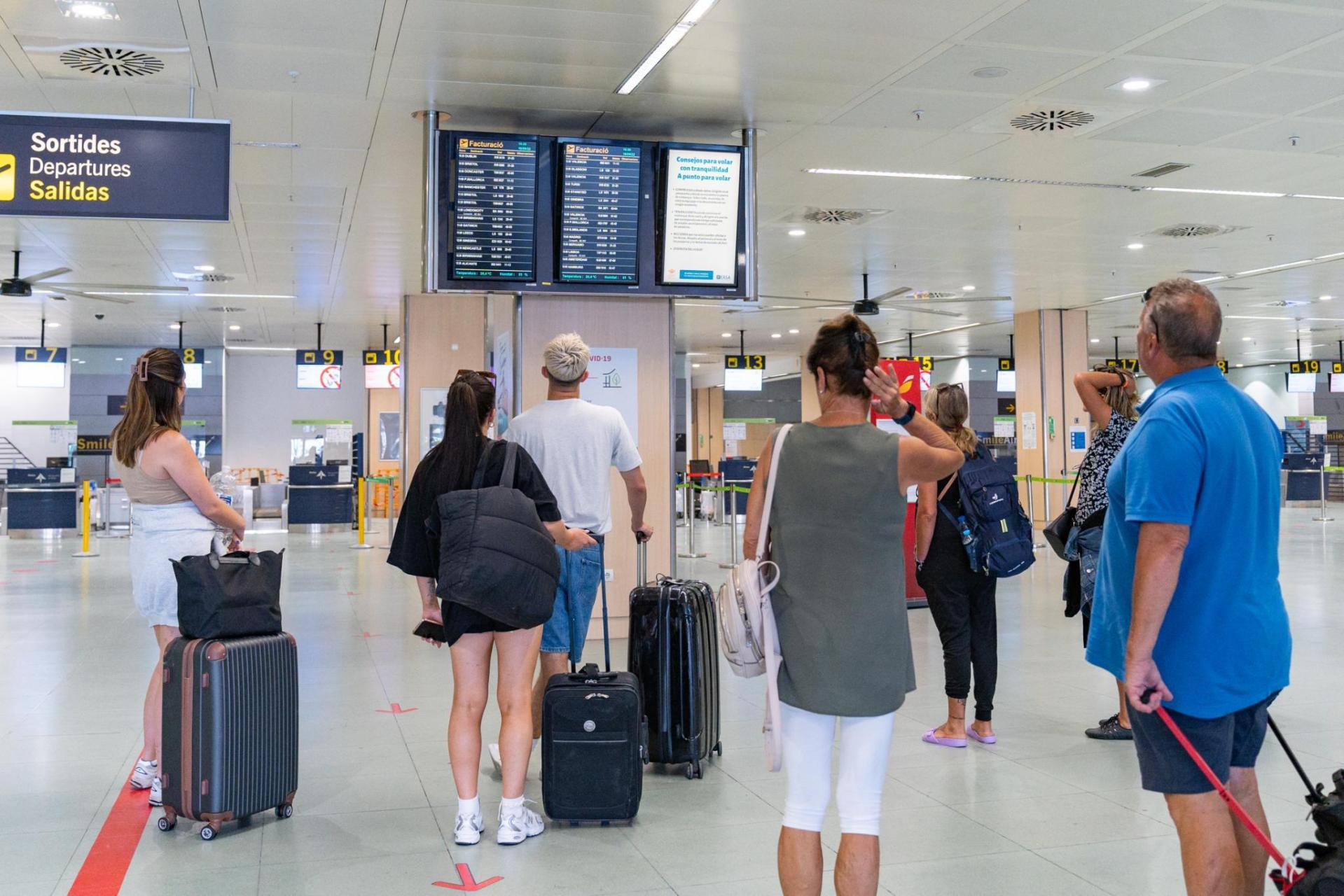Copyright majorcadailybulletin

In the coming weeks, the government will settle 720 million euros of the debt it owes to airlines for subsidies on flights between the mainland and the Balearics and the Canaries, as well as Ceuta and Melilla, although the companies say it still owes between 300 and 500 million euros. According to Transport Ministry sources, the debt is mainly owed to airlines covering these routes and inter-island routes (Iberia, Air Europa, Vueling, Ryanair and Binter), but also to shipping companies operating these connections (Balearia and Armas). In the coming days, €319 million still outstanding from 2024 will be paid to the airlines, which was included as extraordinary credit in the air navigation law recently approved by Parliament. In addition, in a few weeks’ time they will receive another 400 million, of which 50 million will go to shipping companies and 350 million to airlines, which, according to Transport, is half of the amount outstanding for this entire financial year. The Airline Association (ALA) disagrees with these figures: it claims that as of last August, 700 million euros had been accrued, which by the end of the year will rise to 1-1.2 billion euros. At the time of ticket purchase, airlines cover 75% of the price, which has been subsidised by that amount since 2018, but then the State settles the difference with them through the Directorate General of Civil Aviation. Aid for air transport in the non-peninsular territories has increased over time: between the 1980s and 1998, it accounted for between 10% and 33% of the fare. Between 1998 and 2007, it rose from 33% to 50% in all cases; in July 2017, it increased to 75% for inter-island routes only, and in July 2018, routes to the rest of the national territory were also included in the 75% subsidy. The evolution of this item depends on how fares evolve, on the one hand, and air traffic, on the other. Subsidies for island transport and transport to Ceuta and Melilla totalled €462.6 million in 2018, rising to €674 million in 2019, the first year of full application of the 75% subsidy, according to figures from the Ministry of Transport. Despite the impact of the pandemic on travel – airports were closed for months – in 2020 the subsidy for tickets amounted to almost £504 million, a figure that fell in 2021 – still heavily impacted by Covid – to 478.5 million. In 2022, activity recovered, and with it, connections with non-mainland territories and subsidies totalled more than €737 million; and in 2023, with activity already in full swing, this rose to €845 million. By 2024, according to Transport figures, the rights generated reached €1.036 billion, of which €319 million remains to be paid and will be paid shortly. The amount generated in 2025 stands at almost €592 million, according to Transport data, although ALA raises this to €700 million. The airline association, which brings together 70 companies and 85% of air traffic in Spain, says that delays in receiving aid could affect connections between the mainland, the islands, Ceuta and Melilla.



